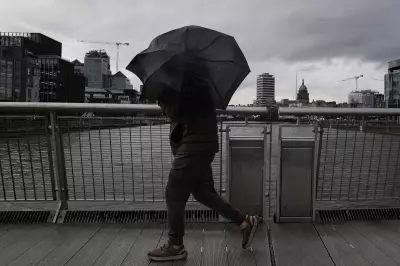
As the crisp autumn air settles across Britain and leaves turn golden, we approach that familiar seasonal milestone – the end of Daylight Saving Time. This year, the change occurs in the early hours of Sunday, October 27th, 2024, when clocks will fall back by one hour at 2am.
Why Do We Still Change Our Clocks?
The practice of changing clocks dates back over a century, first proposed by British builder William Willett in 1907. His original concept aimed to make better use of daylight hours and save energy. While many question its relevance in our modern world, the tradition persists across most of the UK and Europe.
What 'Falling Back' Really Means for You
When the clocks retreat to 1am, British residents can expect:
- An extra hour of sleep on changeover weekend
- Lighter mornings as sunrise occurs earlier
- Earlier sunsets with darkness falling by late afternoon
- Potential disruption to sleep patterns and routines
The Health Impact of Time Changes
While gaining an hour might seem beneficial, sleep experts warn that even small adjustments to our circadian rhythms can have consequences. "The autumn change is generally easier than the spring forward," explains sleep specialist Dr. Eleanor Vance, "but many people still experience several days of disrupted sleep and lower energy levels."
Is This the Last Time Change?
In recent years, the European Parliament voted to abolish mandatory seasonal clock changes from 2021, allowing member states to choose between permanent summer or winter time. However, Brexit complicated matters for Britain, and the UK government has shown little enthusiasm for aligning with European time zones.
For now, the familiar ritual continues. As we prepare to reset our clocks and watches, remember to enjoy that bonus hour of rest while bracing for those darker evenings that signal winter's approach.





